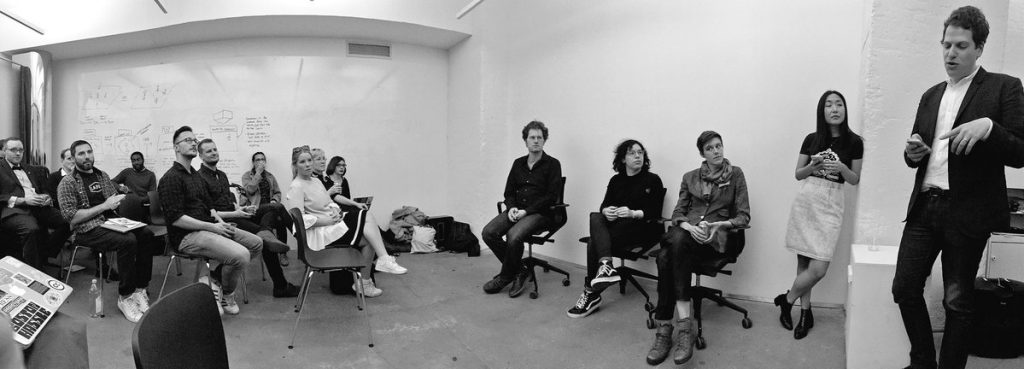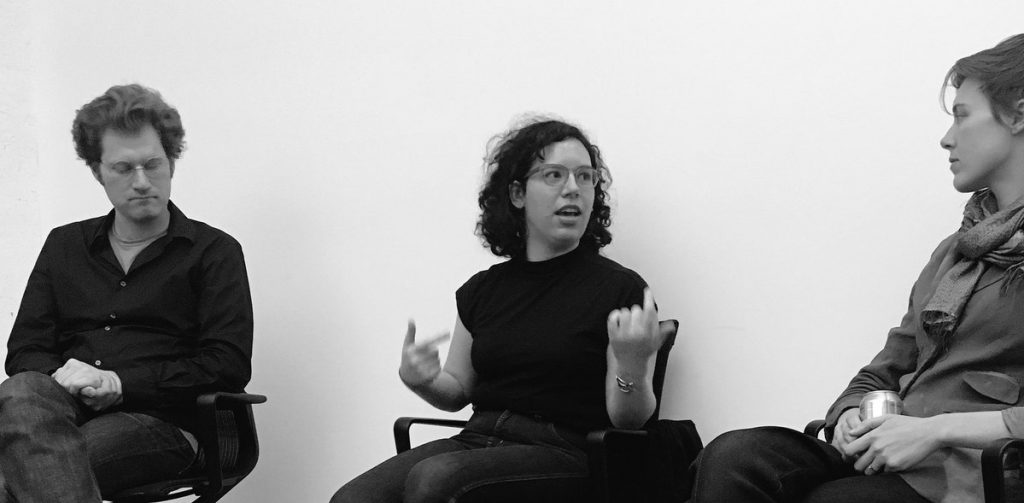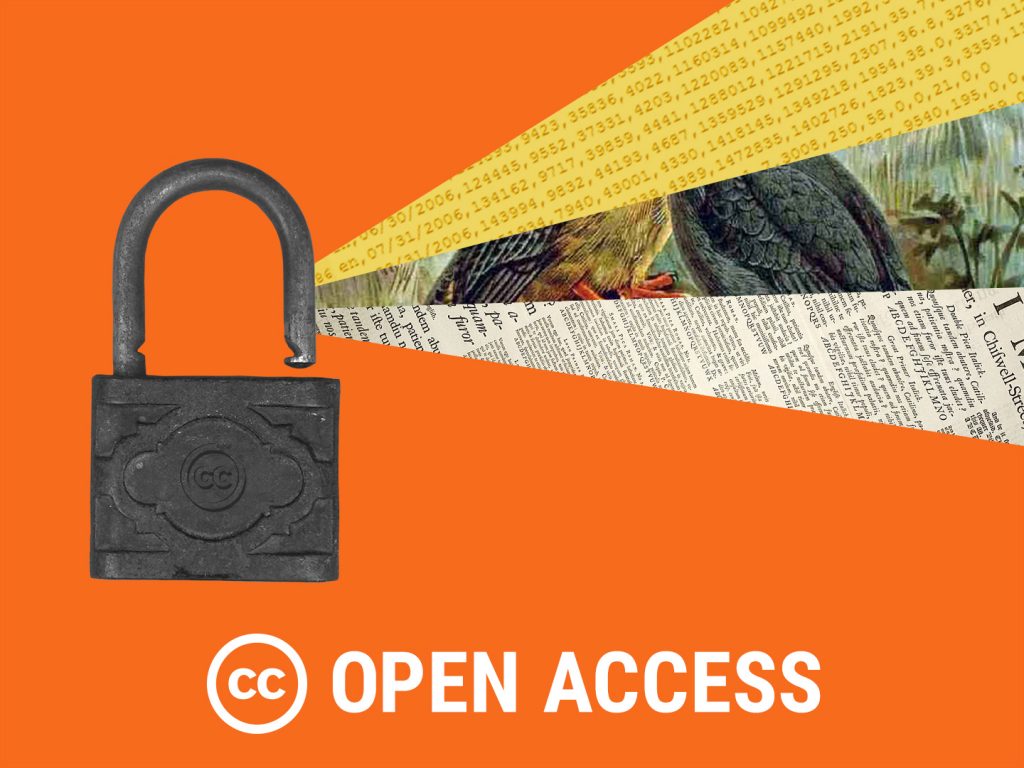Open Innovation in Education Study: Concepts and Business Models
lundi 6 novembre 2017 à 20:46
The Creative Commons (CC) community has an ongoing interest in how traditional and new business models interact with, leverage, and give back to the commons. To address this topic, CC published its book “Made with Creative Commons” to show the full spectrum of open business models using CC licenses. The authors’ goal was to answer what many creators consider one of the most important questions of the digital age: how do creators make money to sustain what they do when they allow the world to freely reuse their work?
Aligned with this work, Instituto Educadigital, a partner with CC Brazil, recently published “Open Innovation in Education- Concepts and Business Models (Portuguese / English)”, a study authored by Priscila Gonsales and Débora Sebriam that explores how the open innovation movement can impact the educational marketplace. The study explores and addresses public policies that provide incentives for publicly funded digital resources, paths for companies to be financially sustainable, the role of private investment, and challenges for open innovation in education.
Open Innovation in Education explores how modern society – influenced by the digital revolution and widespread access to information – has often questioned the existing economic model. As opposed to the capitalist economy focused on competition for the sole purpose of profit, the concept of “economy of the common good” is based on collaboration, sharing and plurality. The term “open innovation” was first coined in the early 2000s by Professor Henry Chesbrough at Berkeley. The central idea behind open innovation is that innovation ceases to be something restricted to the private sphere of large corporations. Instead, it should be viewed as an action promoted by the engagement of multiple social actors, transparency and co-creation.
Open education shares common goals with open innovation. It has empowered educators and learners with increased access to knowledge, innovating pedagogical practices, and a culture of sharing. In order for open education to be adopted broadly in public education institutions, there needs to be engagement and dialogue between the State, the private sector, and civil society. To advance this mission, the world’s ministries of education and civil society education leaders recently met at the 2nd World OER Congress in Slovenia with the goal of mainstreaming open education to meet the education targets in the United Nations SDG4. The main output of the Congress – the 2017 Ljubljana OER Action Plan (English / French) called on governments to focus on five areas of action. #4 is “Developing sustainability models” – a call for governments to:
… analyse their goals and needs in education to support the development, adoption, maintenance, distribution, and evaluation of OER. This may include mechanisms to support that work financially and revisiting structures for mainstreaming OER, possibly including adjusting procurement models or the way teachers are incentivised to work on OER. Support and action in particular from governments and educational institutions, is important for the realization of these actions.
The challenge in the case of the private sector is to find viable business models that work with open education. Using reference cases of companies aligned with a collaborative economy, the study presents a viable model to evaluate financial sustainability under a different lens while examining more flexible and customizable products and services that generate value. As a result, more autonomy can be given to teachers when there is a better dialogue between public policies and social business initiatives resulting in innovative results.
This study shows the importance not only of thinking about innovative educational systems but also of considering innovation as something that goes beyond the technological device and that must be constructed in order to empower all actors in the education ecosystem.
Read the report
The post Open Innovation in Education Study: Concepts and Business Models appeared first on Creative Commons.


